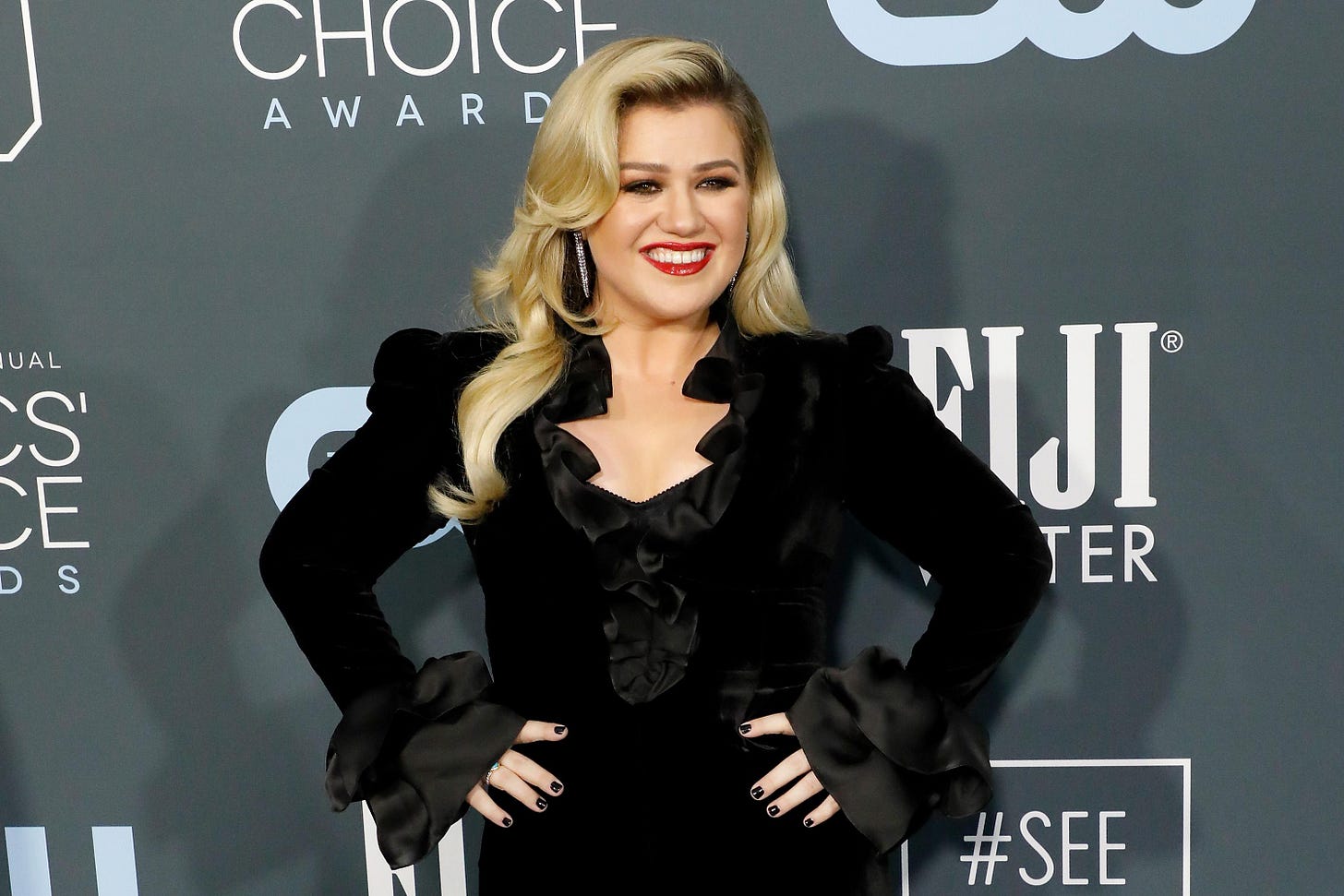Top Boss Avoids Employee Criticism Despite Anger of Their Mistreatment
How one leader responded to claims of employee's traumatizing experiences
What is the reputation of someone who isn’t deemed guilty of “toxic” behavior in the workplace yet who has the authority and power to prevent and stop it? Feelings and judgment can vary from person to person. So the answer is, “It depends.”
Here’s the story that inspired the question — Kelly Clarkson responds to report accusing her daytime talk show of being a toxic workplace (Associated Press).
The claims were serious and the type that are a catalyst immediate angry online comments, the ones that gain high velocity of negativity and damage reputation.
“Clarkson addressed the allegations after 11 current and former employees complained about being overworked and underpaid on ‘The Kelly Clarkson Show’ and also called their work ‘traumatizing to their mental health,’” the AP reported.
The problem, at least in the mind of the employees who were upset, was not Clarkson, at least not directly.
Additionally, “the anonymous employees called Clarkson ‘fantastic’ but said show producers were ‘monsters’ who made their lives ‘hell.’”
That had to be somewhat of a relief to the entertainer even if her name was associated with bad behavior because it happened with the other leadership associated with Clarkson’s show. But it had to be upsetting for her to learn that the producers were “monsters” and created a hellscape for employees, if for the mere fact that the producers’ behavior dragged Clarkson’s name into a story deemed newsworthy by the media.
So, in the minds of the impacted employees, Clarkson: good; producers: bad.
She knew she should respond, had to respond and she did.
“To find out that anyone is feeling unheard and or disrespected on this show is unacceptable,” Clarkson said in an Instagram post, adding “As we prepare for a move to the East Coast, I am more committed than ever to ensuring that not only our team is moving, but also our new team in NY is comprised of the best and kindest in the business’ adding, that “Part of that build will include leadership training for all of the senior staff, including myself.”
It’s helpful that she is not being blamed for the mistreatment of employees. Clarkson’s comments 1) showed understanding of how employees expressed they were hurt and feeling 2) denounced the behavior that is alleged coming from her team’s leadership 3) mentioned she is committed and to what that commitment is and 4) how improvement will be accomplished and that it will involve her.
All positive points if they are judged as believable and thus, credible by employees and fans of the show.
Clarkson promised to make sure “that any notion of toxicity is eradicated.”
She names the problem without trying to soft sell what has happened and she used a strong word — eradicated — to state what the goal and mission is in response to the harmful behavior towards employees.
Bottom line: the employees did not and are not blaming Clarkson. That’s helpful to her name and reputation. The complaints however are a warning to her because she is responsible for what she demands of her leaders (producers) and how those leaders treat the people over whom they have authority and power.
For now, Clarkson is safe reputation-wise and security-wise, yet it may not always be that way unless leadership, top down, promptly and fully improves.
Michael Toebe writes “Reputation Notes” and is the founder and specialist at Reputation Quality, a practice that serves and assists successful people and organizations in further building reputation as an asset and responsibly, ethically protecting, restoring or reconstructing it.
Free subscribe to Reputation Notes or if you prefer, become a paying subscriber for special features.



